Monitoring and Recording (Watching Brief) is most often applied as a condition of planning consent and may be either the sole archaeological requirement or as a follow-on from more major pieces of work. It is undertaken in accordance with a Written Scheme of Investigation, agreed with the Local Authority prior to its commencement.
Monitoring and Recording involves the observation of intrusive ground works by a professional archaeologist. If or when archaeological deposits are encountered, the archaeologist will request a period for adequate recording of such remains.
It is the intention that disruption to the ground works should be avoided as much as possible, for instance by the archaeologist accessing the areas during quiet periods or by the plant moving to another area of site. Cooperation is often the key during Monitoring and Recording.
Outside of the planning framework, Monitoring and Recording on geotechnical investigations often provide qualitative information of the extent of modern disturbance and the nature and extent of surviving archaeological deposits. This is a useful tool in understanding the ground conditions of a site prior to the development commencing.
PCA will approach all work professionally, with both the client’s needs and the required result in mind. On the occasions where archaeological results are not forthcoming during Monitoring and Recording, PCA will negotiate with the planning authority or their advisors to cease archaeological activity on site prior to the completion of groundworks.

